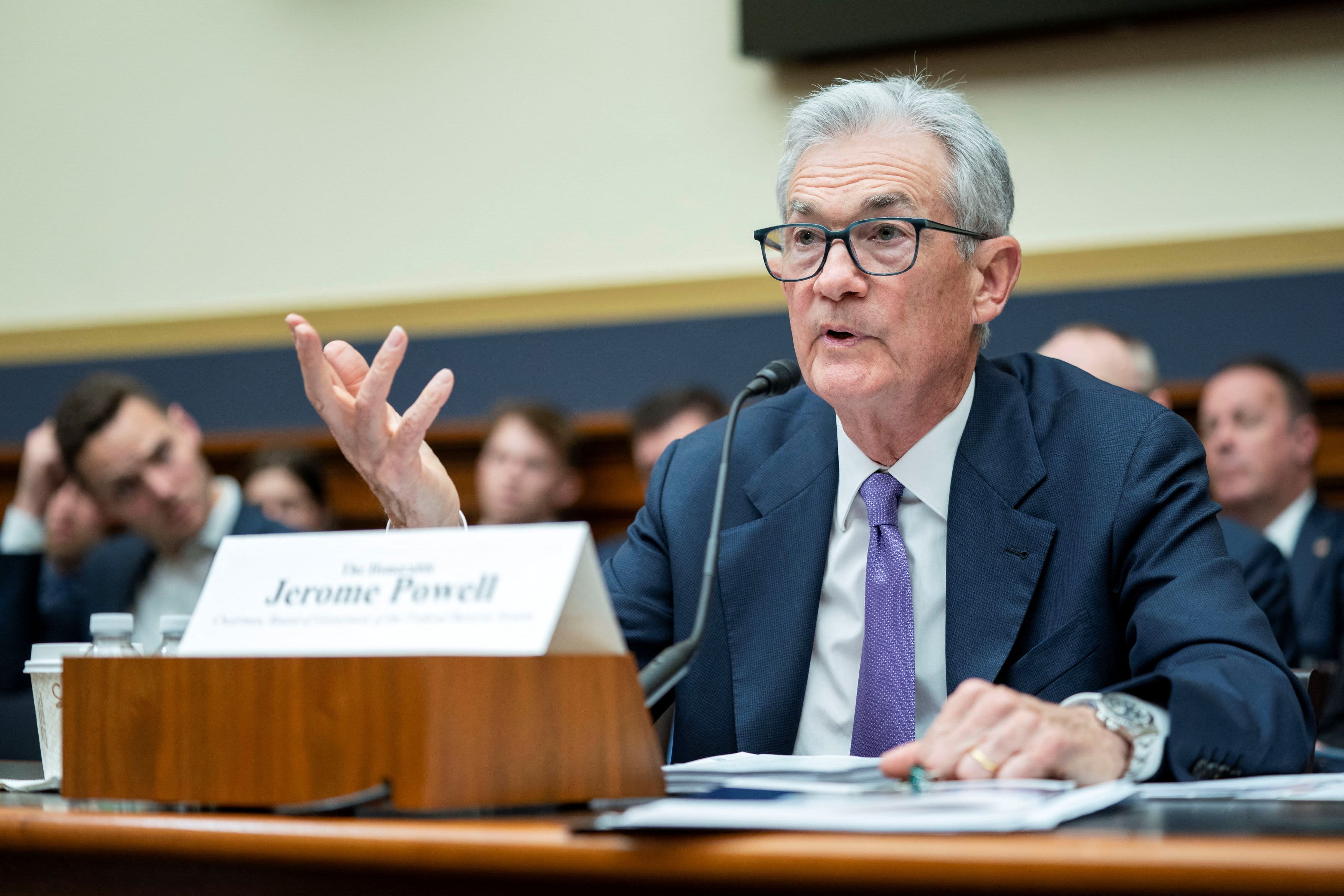
Federal Reserve Chair Jerome Powell speaks during a House Financial Services Committee hearing on the “Federal Reserve’s Semi-Annual Monetary Policy Report” on Capitol Hill in Washington, U.S., March 6, 2024.
Bonnie Cash | Reuters
Federal Reserve Chair Jerome Powell on Tuesday expressed concern that holding interest rates too high for too long could jeopardize economic growth.
Setting the stage for a two-day appearance on Capitol Hill this week, the central bank leader said the economy remains strong as does the labor market, despite some recent cooling. Powell cited some easing in inflation, which he said policymakers stay resolute in bringing down to their 2% goal.
“At the same time, in light of the progress made both in lowering inflation and in cooling the labor market over the past two years, elevated inflation is not the only risk we face,” he said in prepared remarks. “Reducing policy restraint too late or too little could unduly weaken economic activity and employment.”
The commentary coincides with the approaching one-year anniversary of the last time the Federal Open Market Committee raised benchmark interest rates.
The Fed’s overnight borrowing rate currently sits in a rage of 5.25%-5.5%, the highest level in some 23 years and the product of 11 consecutive hikes after inflation hit its highest level since the early 1980s.
Markets expect the Fed to begin cutting rates in September and likely following up with another quarter percentage point reduction by the end of the year. FOMC members at their June meeting, however, indicated just one cut.
‘Strengthen our confidence’
In recent days, Powell and his colleagues have indicated that recent inflation data has been somewhat encouraging after a surprise jump to start the year. Inflation as judged by the Fed’s preferred personal consumption expenditures price index was at 2.6% in May after peaking above 7% in June 2022.
“After a lack of progress toward our 2 percent inflation objective in the early part of this year, the most recent monthly readings have shown modest further progress,” Powell said. “More good data would strengthen our confidence that inflation is moving sustainably toward 2 percent.”
The statement is part of congressionally mandated semiannual updates on monetary policy. After delivering the remarks, Powell will face questioning from Senate Banking Committee members on Tuesday, then the House Financial Services Committee on Wednesday.
In past appearances, Powell has veered away from making dramatic policy announcements while having to dodge politically loaded questions from committee members. The questioning could get contentious this year as Washington is on edge amid a volatile presidential campaign.
However, Powell has stressed that the Fed is not political and does not get involved in taking policy sides outside of its own roles. In his prepared remarks, he emphasized the importance of “the operational independence that is needed” for the Fed to do its job.
His other remarks focused squarely on the stance of policy in relation to the broader economy. Recent data has shown the unemployment rate creeping higher and broad growth as measured by gross domestic product receding. Both the manufacturing and services sectors reported being in contraction during June.
But Powell said the data is showing that “the U.S. economy continues to expand at a solid pace” despite the deceleration in GDP.
“Private domestic demand remains robust, however, with slower but still-solid increases in consumer spending,” he said.

